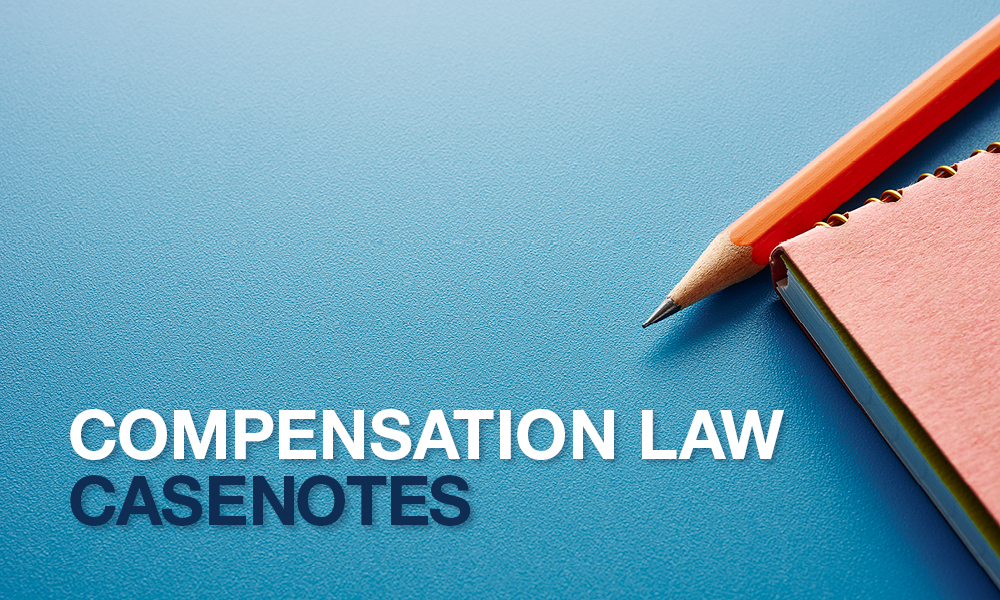On 24 September 2019, the plaintiff was asleep in staff accommodation at his employer’s resort on Daydream Island, on the Whitsundays in Queensland.
He shared that accommodation with another employee, Mr Hewett. About half an hour earlier, the plaintiff had heard Hewett vomiting in the bathroom. The plaintiff had gone back to sleep before waking with a distressing sensation of being unable to breathe, soon realising that Hewett was standing over him and urinating on his face.
At trial, the plaintiff’s primary argument was that the respondent was in breach of the employer’s duty of care owed to him as its employee. His alternative argument was that Hewett had committed a tort for which the respondent, as Hewett’s employer, was vicariously liable.
At first instance, the trial judge rejected each argument and gave judgment for the respondent. On the vicarious liability case, the judge found that Hewett’s act was tortious, but concluded that the respondent was not vicariously liable because the tort was not committed in the course of Hewett’s employment.
Decision
- allow the appeal.
- set aside the judgment given in the Trial Division on 27 May 2021.
- the respondent is to pay, to the appellant, the sum of $431,738.88.
- parties to provide written submissions on costs
Ratio
On appeal, the plaintiff challenged the trial judge’s determination on vicarious liability.
The court considered Bugge v Brown, in which Isaacs J discussed the content of the condition for vicarious liability that the employee must have acted “in the course of his employment”. In that case, his Honour said:
“The limit of the rule – expressed in the widest form by the phrase ‘the course of the employment’ or ‘the sphere of the employment’ – is when the servant so acts as to be in effect a stranger in relation to his employer with respect to the act he has committed, so that the act is in law the unauthorized act of a stranger.”
The court considered that the present case was analogous to Bugge v Brown. It was considered that:
“It was a term of Hewett’s employment that he reside in the staff accommodation on the island, and more particularly in the room assigned to him. Whilst he remained employed at the resort, he was required to live there, and once he ceased to be employed at the resort, he was required to leave.
“The terms of his employment required him to take reasonable care that his acts did not adversely affect the health and safety of other persons. That was an obligation which governed his occupation of this room. He was not occupying the room as a stranger, but instead as an employee, pursuant to and under the obligations of his employment contract.
“There was in this case the requisite connection between his employment and the employee’s actions. The respondent should have been held to be vicariously liable for his negligence and the loss which it caused.”
This compensation law casenote appears courtesy of Travis Schultz & Partners (TSP). As part of the firm’s commitment to providing ongoing legal education, TSP practitioners review relevant judgments and prepare case summaries for the legal profession. A free searchable catalogue of compensation law casenotes is available at schultzlaw.com.au/case-summaries (registration required). The full version of the judgments can be found at austlii.edu.au.












Share this article